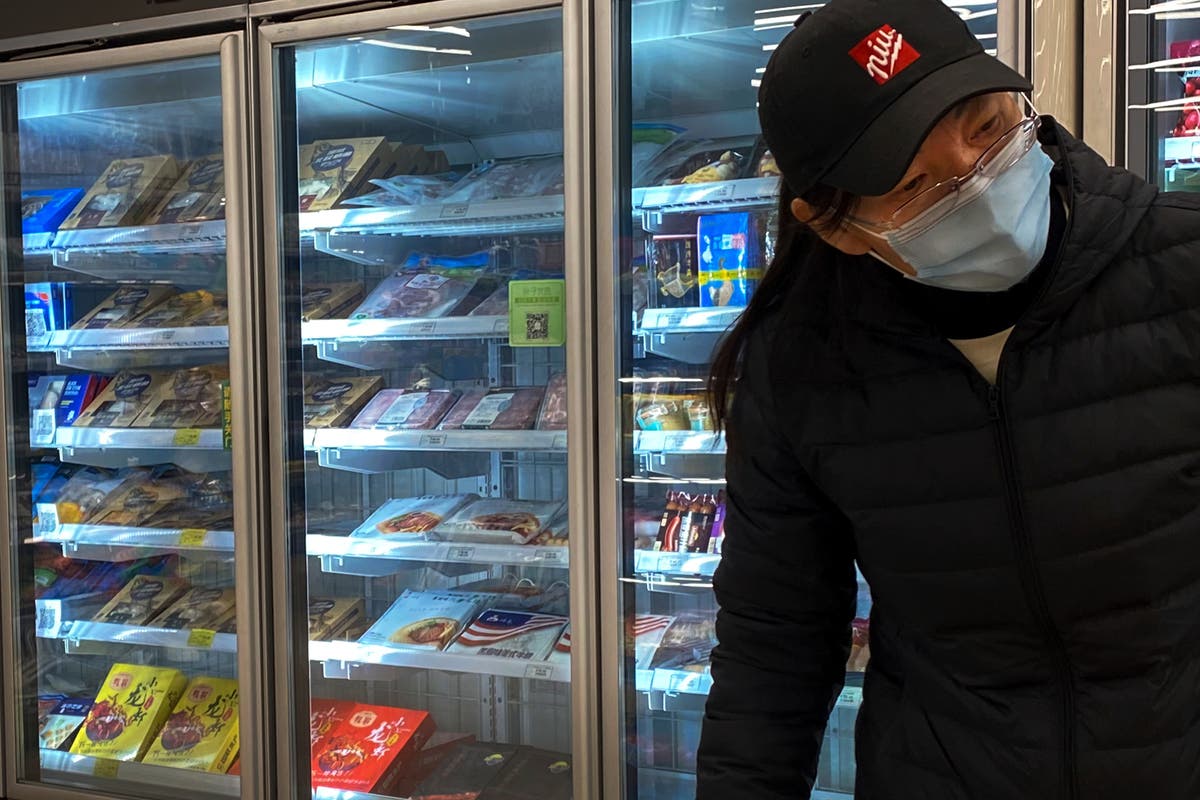
EXPLAINER: China's claims of coronavirus on frozen foods
The IndependentFor free real time breaking news alerts sent straight to your inbox sign up to our breaking news emails Sign up to our free breaking news emails Sign up to our free breaking news emails SIGN UP I would like to be emailed about offers, events and updates from The Independent. OVERSEAS COMPLAINTS Trading partners, including the U.S., New Zealand, Canada and the EU, say they’re unclear on China’s methodology and have seen no solid evidence that their products carried the virus. Chinese foreign ministry spokesperson Zhao Lijian called the U.S. accusations “totally groundless and unreasonable.” China’s measures are “necessary following the spirit of putting people’s lives first and protecting people’s health,” he said last week. In a statement to The Associated Press, the World Health Organization said cases of live viruses being found on packaging appear to be “rare and isolated.” While the virus can “survive a long time under cold storage conditions,” there is no evidence of people contracting COVID-19 from consuming food, it said. Nonetheless, I think things which have been transported and surface transmission — there’s a low risk of it.” A positive test “doesn’t indicate infectious virus, just that some signal from the virus is present on that surface,” said Andrew Pekosz of Johns Hopkins University’s Bloomberg School of Public Health.
History of this topic
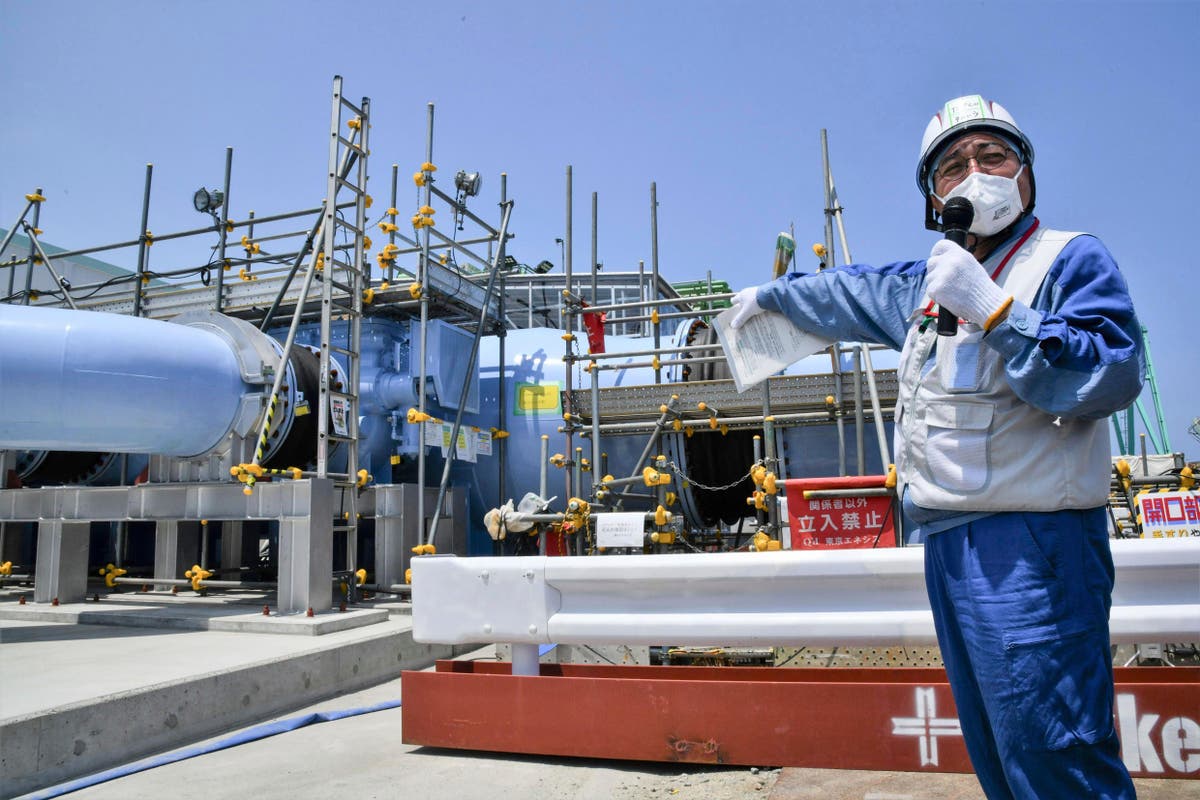
China upholds ban on food imports from Japan over ‘safety’ fears after Fukushima review
The Independent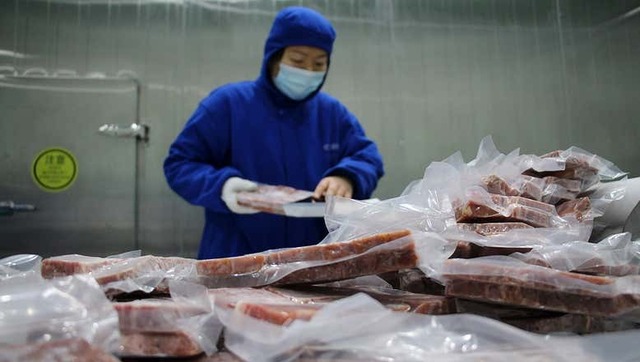)
COVID-19 virus may survive for 30 days on refrigerated, frozen meat, finds study
Firstpost
Infodemic in pandemic: how COVID influenced food choices
The Hindu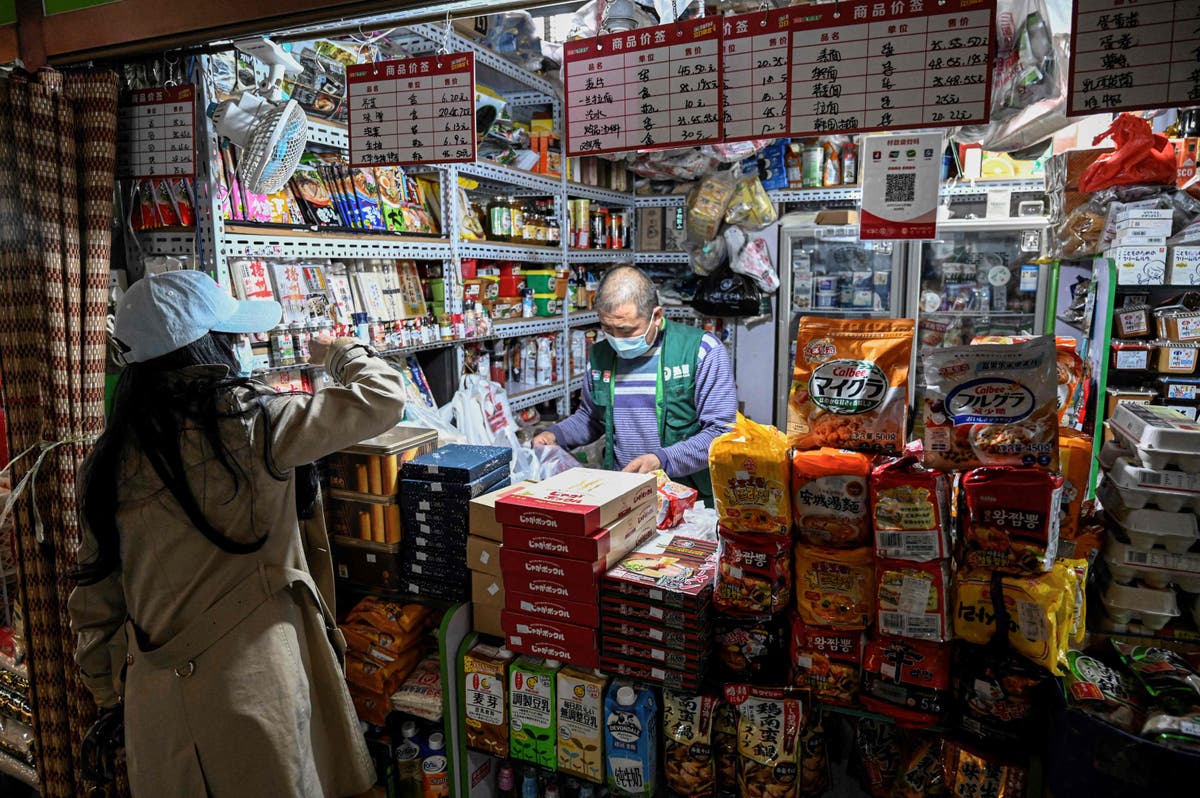
China urges families to stockpile food and essentials amid fears of winter shortages
The Independent
China says ‘politicising’ COVID origins impedes investigation
Al Jazeera
China refusing to share raw data on early Covid cases from Wuhan wet market, says WHO team
India Today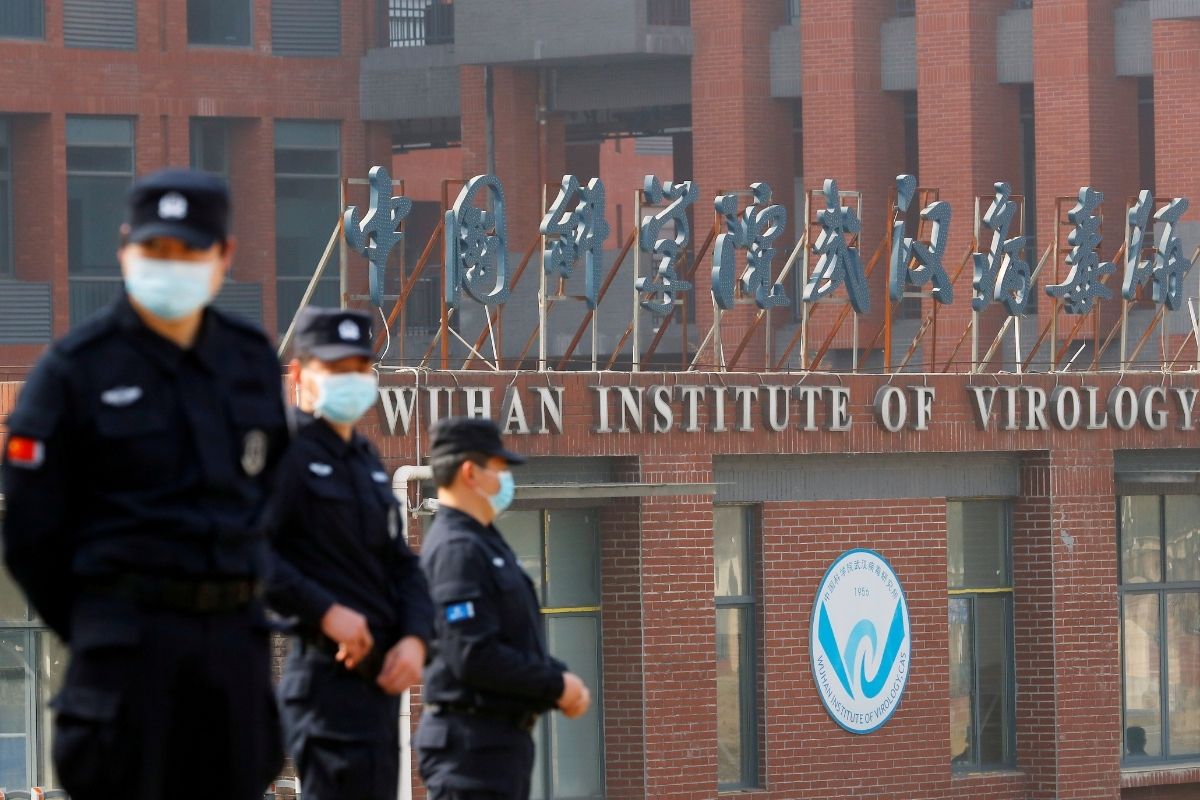)
'Australian Beef' May be the Source of Covid-19, Not Wuhan Wet-Food Market, WHO Team Finds
News 18Coronavirus casts a shadow over Chinese New Year for another year as cases rise
ABC
Chinese city reports coronavirus found on ice cream
The Independent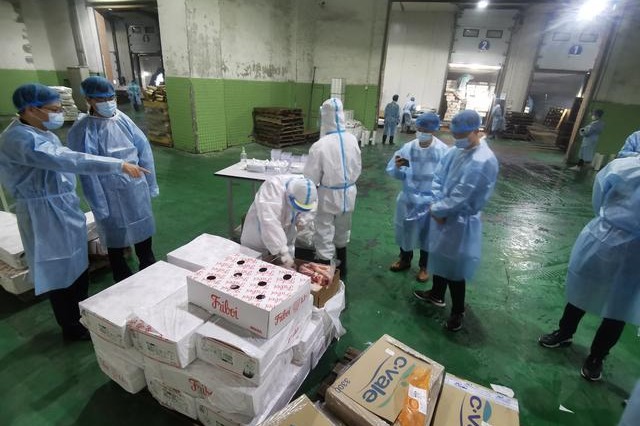
海关总署:加强进口冷链食品新冠病毒的风险监测
China Daily
China’s latest potential foreign culprit of coronavirus? Auto parts packaging
CNN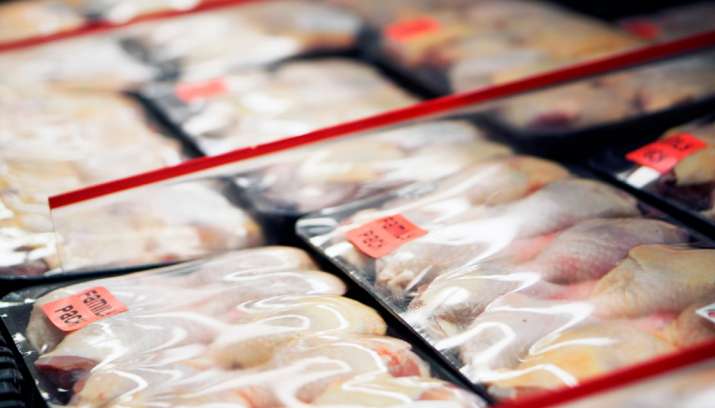
Coronavirus detected on imported frozen food in China
India TV News
Qingdao official vows better cold food handling
China Daily
In Shandong, cold-chain worker found with virus
China Daily
WHO says would be 'highly speculative' to say coronavirus did not emerge in China
India Today
Can you contract coronavirus through contaminated frozen food packaging?
India Today
Do China’s claims of coronavirus on frozen food stack up?
LA TimesChina's large-scale coronavirus tests on imported frozen foods may put more Australian exports on hold
ABC
China’s irritated trade partners push back on COVID-19 food tests
Al Jazeera
World biggest importer of beef, China, now finds Coronavirus traces on packaged beef from Brazil: Read details
Op India
China sounds alarm after detecting coronavirus on packaged beef, shrimp
India Today
China suspends fish imports from Indian firm after detection of coronavirus on samples
India Today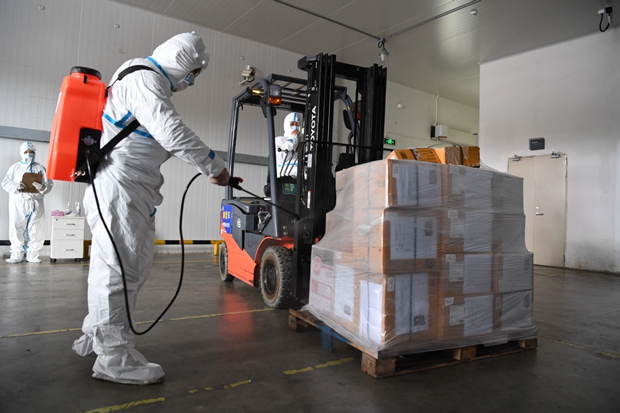
Stricter disinfection rules in effect for cold imported food
China Daily
Living coronavirus found on frozen food packaging for first time: China
Live Mint)
Living Coronavirus Found on Frozen Food Packaging in China's Qingdao
News 18
Contaminated frozen food packaging could cause Covid-19 infection: Chinese CDC
India Today
Beijing restricts frozen food import from high-risk covid places
Live Mint)
Coronavirus Found on Seafood Importer's Packages in China, Two Handlers Test Positive
News 18
Coronavirus found on imported squid packaging in China
India Today
Salmon may harbor infectious coronavirus for a week, say scientists
Live Mint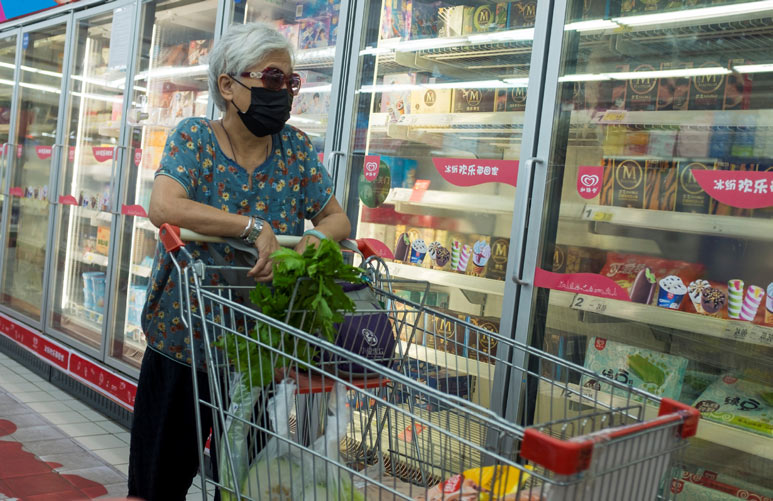
世卫组织:新冠病毒不会通过食品和包装传播
China DailyWHO plays down China's worry over coronavirus on food packaging after chicken wings found with COVID-19
ABC
WHO says food safe from coronavirus
Live Mint
Can you get coronavirus from packages? What we know so far
Live Mint
Coronavirus found on outer packaging of frozen seafood in China
Deccan ChronicleVietnam bans wildlife imports and markets amid concerns over coronavirus spread
ABCWHO's coronavirus sleuths are heading to China but it may be too late to solve the pandemic's mysteries
ABCAustralian food products now require proof of virus-free status before entering China
ABC
Coronavirus strain in Beijing has EU origins: Chinese virologists
India Today
Heavy traces of coronavirus found in seafood, meat sections of Beijing food market
Deccan Chronicle
Very low risk of food spreading the coronavirus, say experts
Live MintCoronavirus: Trump to look into legislation proposing sanctions on China
The Hindu
Coronavirus | China refutes 24 ‘lies’ by U.S.
The Hindu
May 4 US coronavirus news
CNNChina hid coronavirus severity to hoard supplies, says US intelligence report
ABC
Chinese man detected with worms in lungs after eating raw seafood
Op India
US government report assesses China intentionally concealed severity of coronavirus
CNN)
Coronavirus Outbreak: IMF calls on all countries to refrain from putting restrictions on exporting medical supplies
Firstpost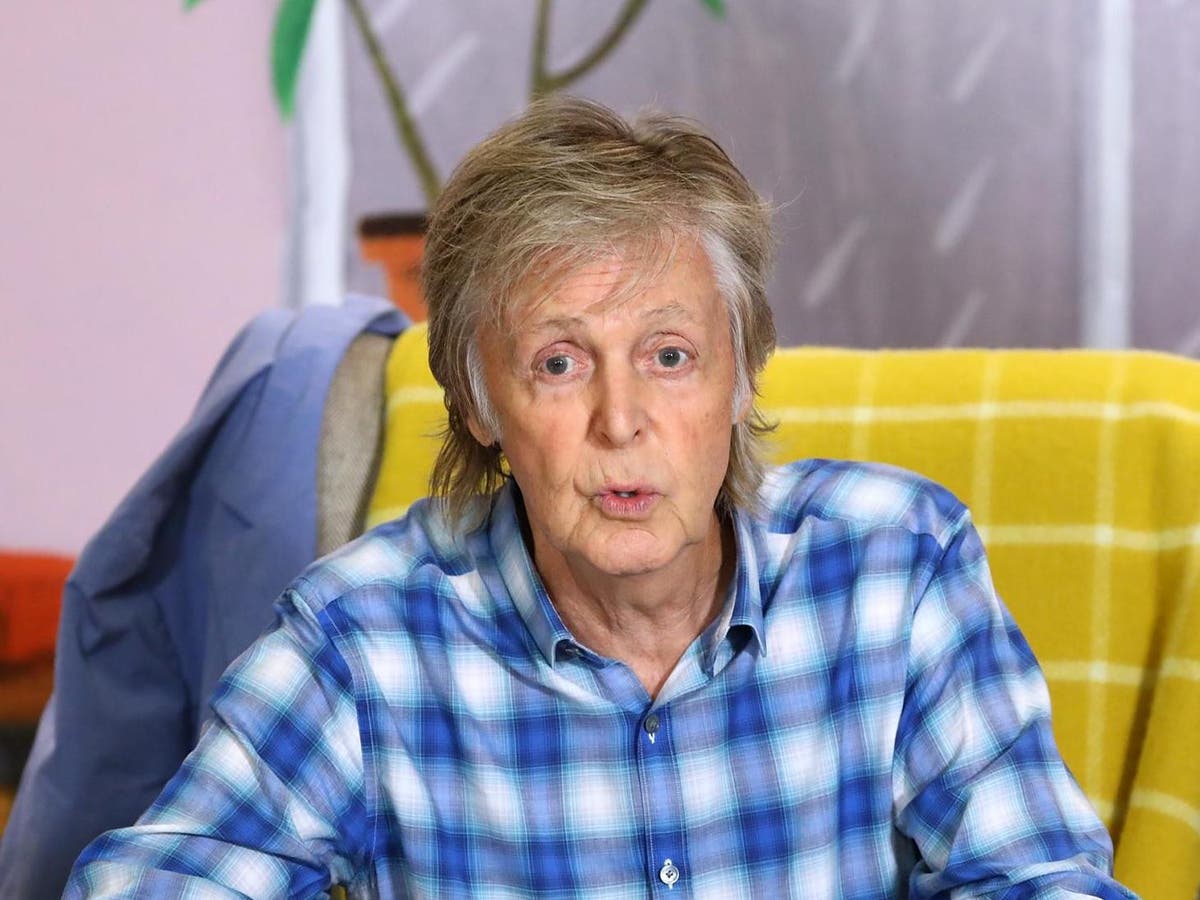
Coronavirus: Paul McCartney blames Chinese wet markets for Covid-19
The IndependentDiscover Related



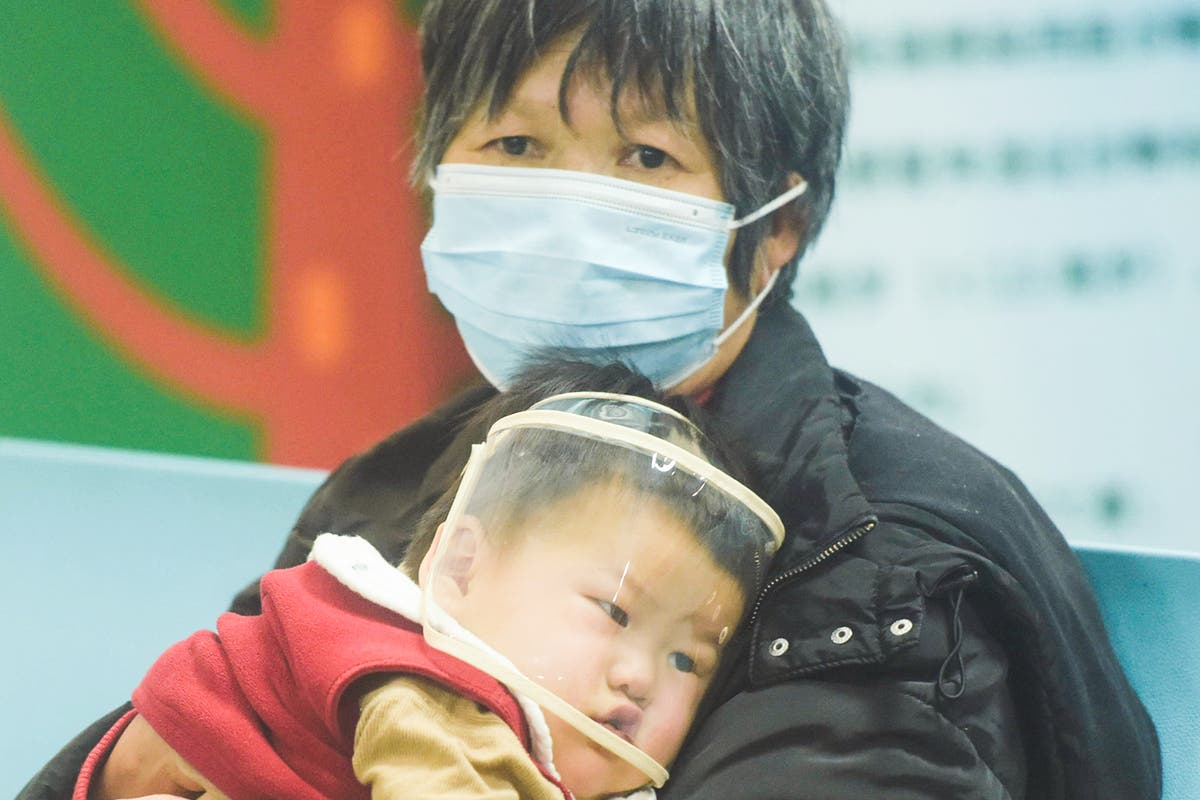
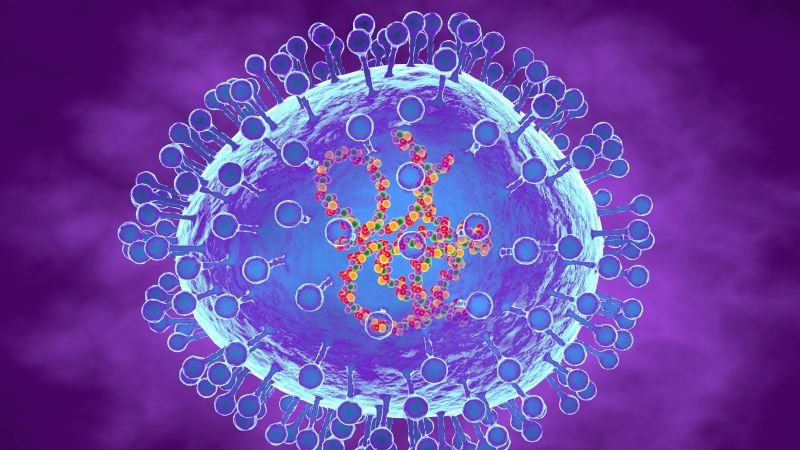



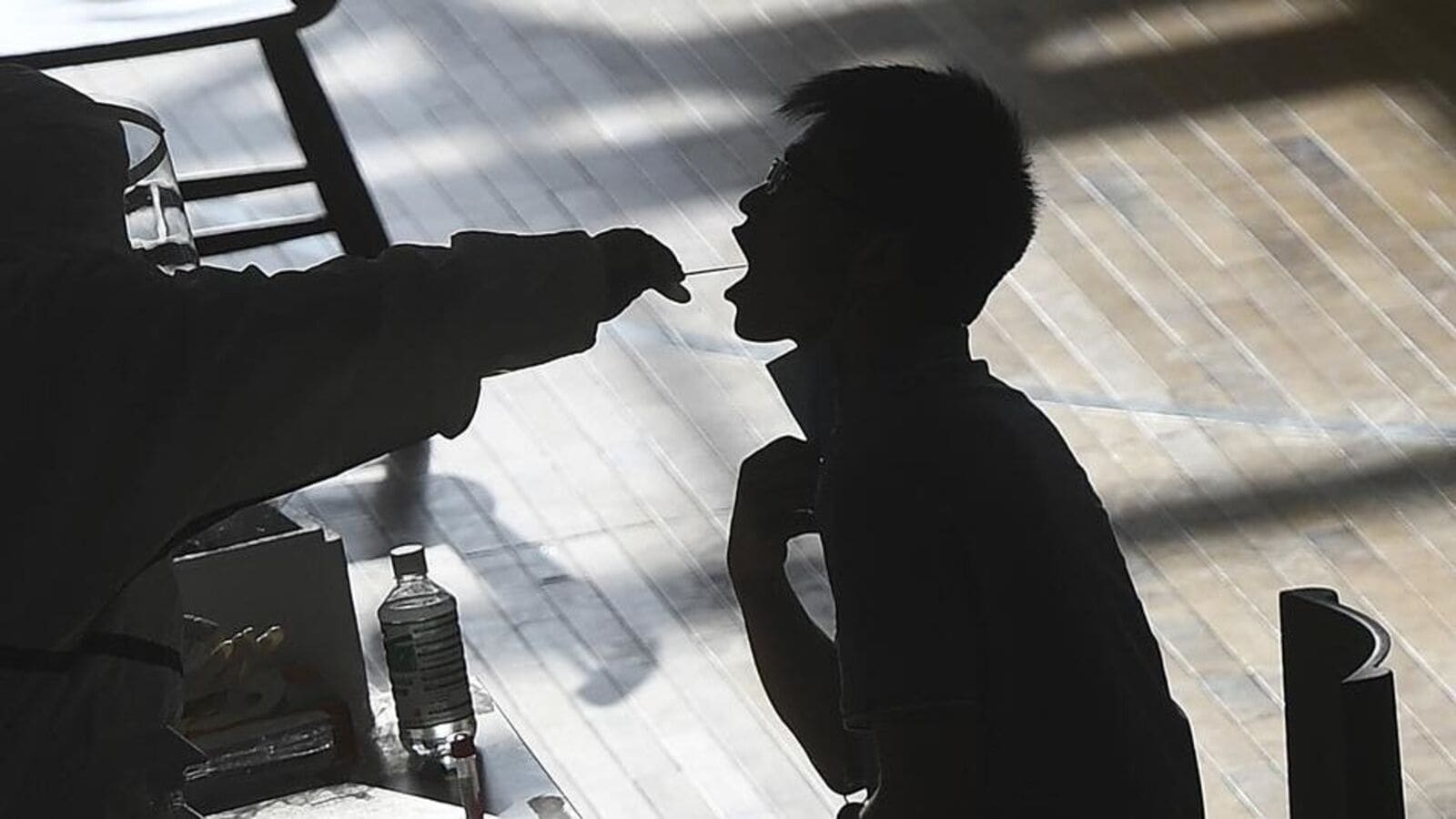
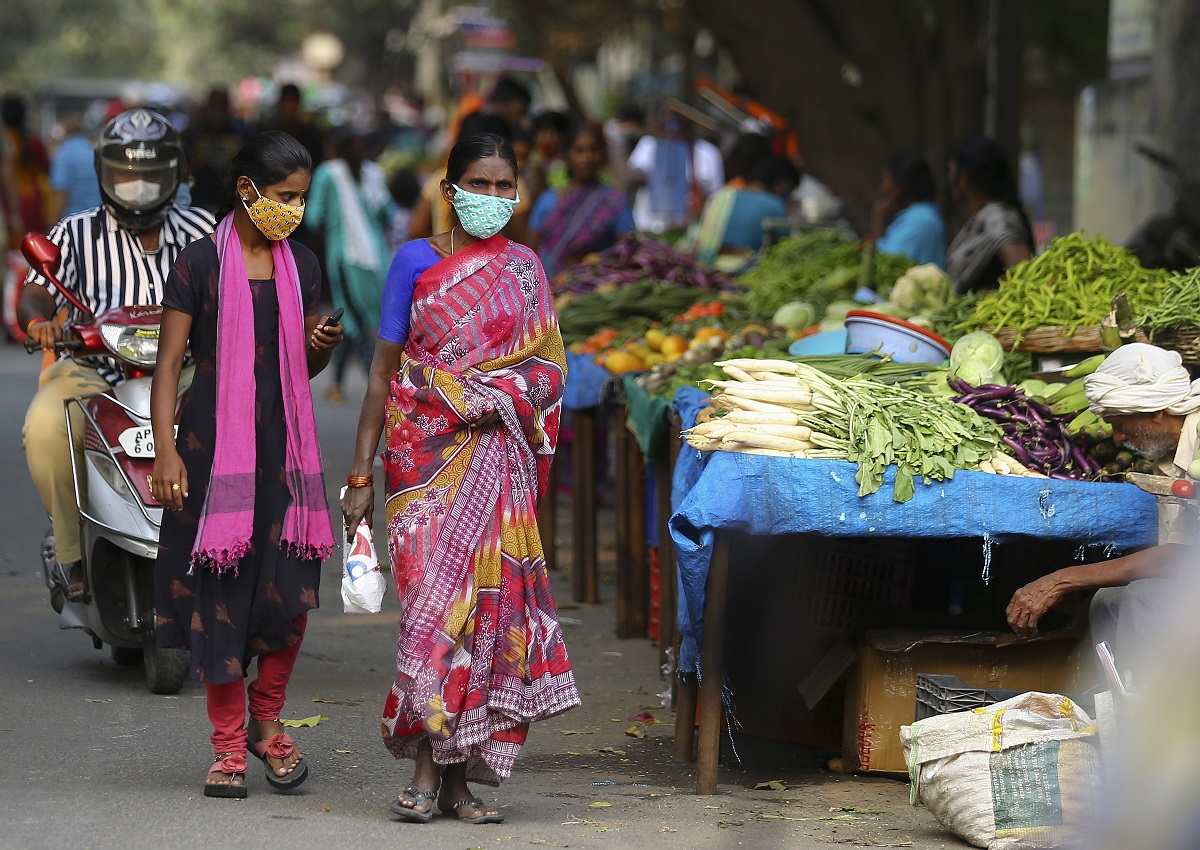
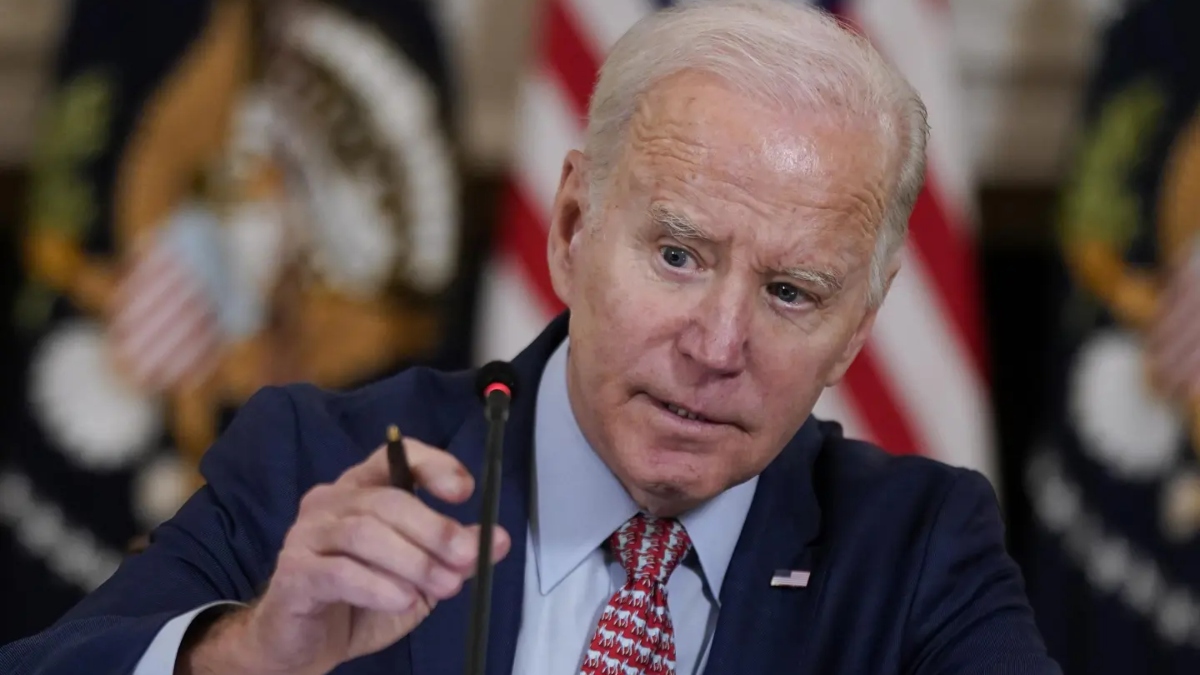
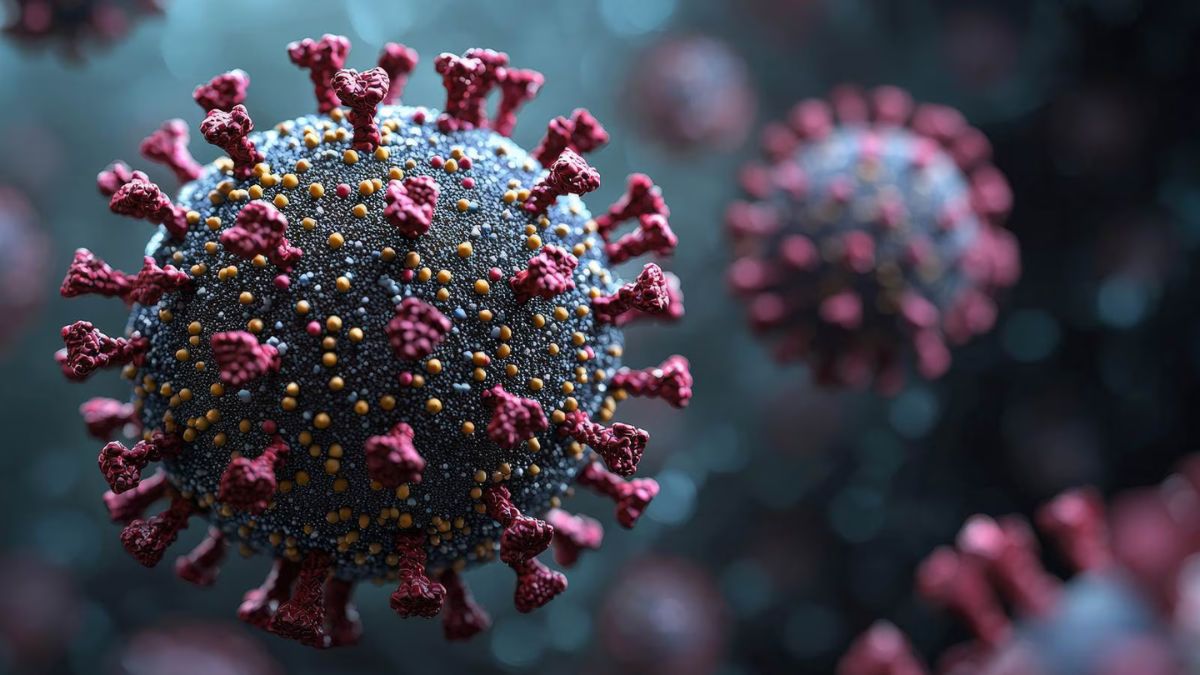
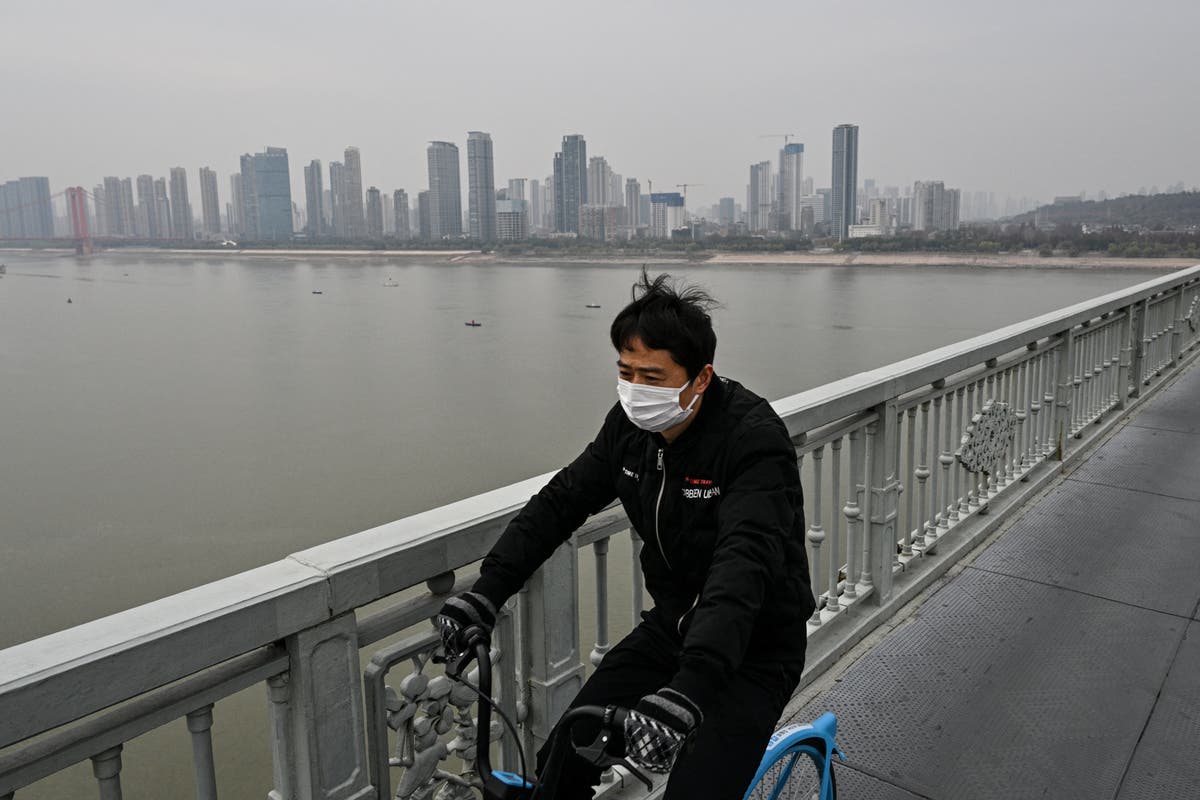






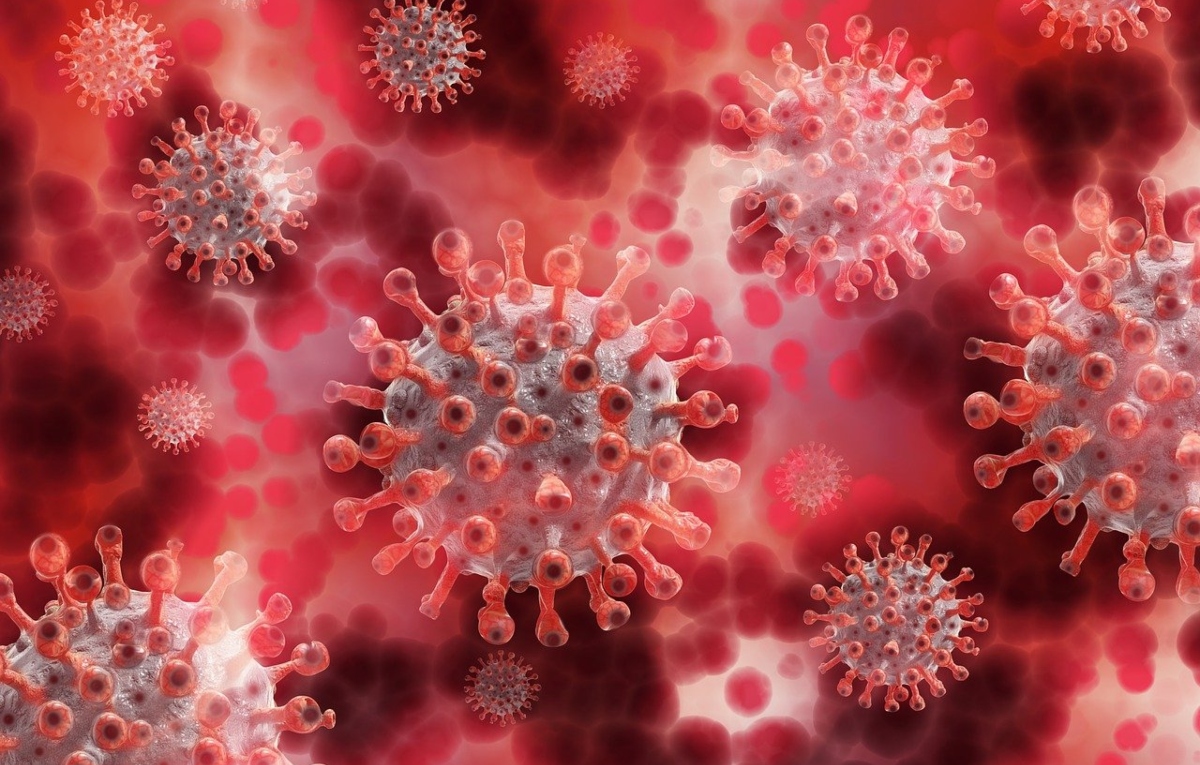
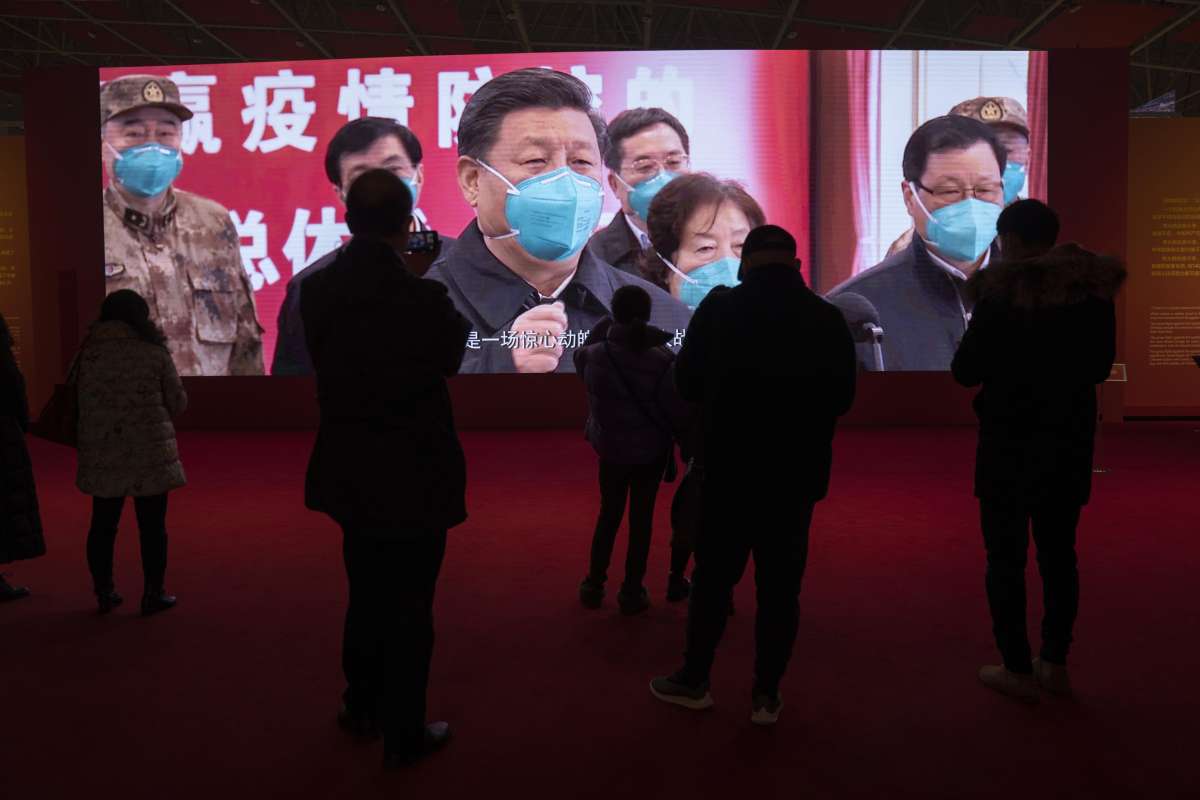
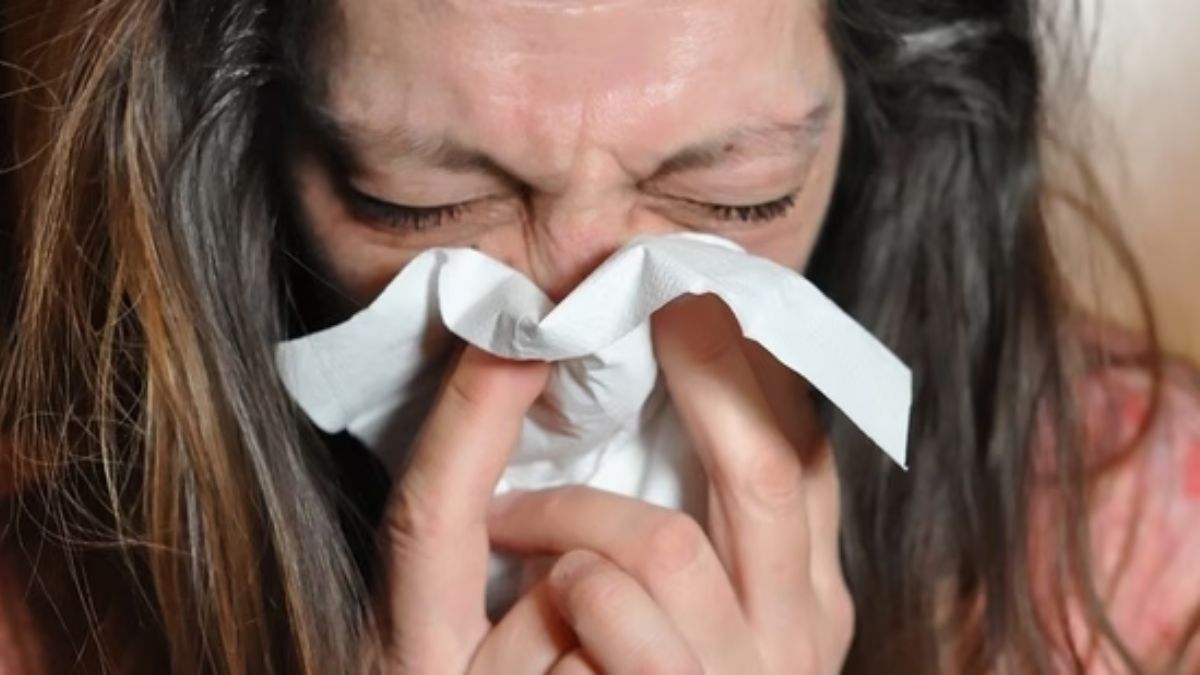)



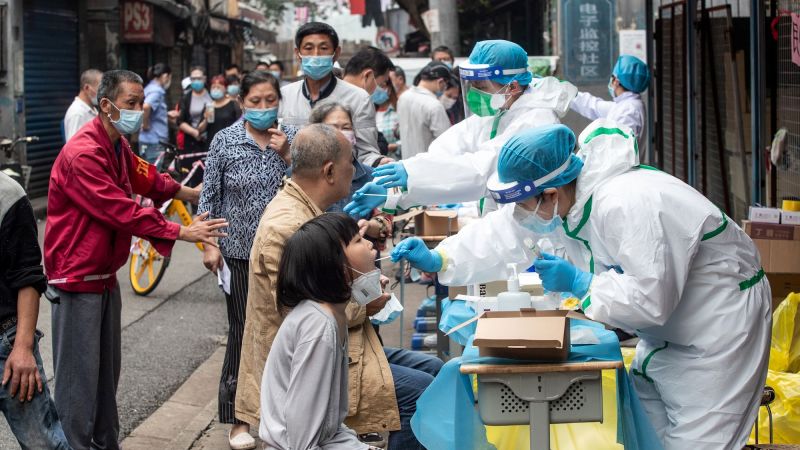
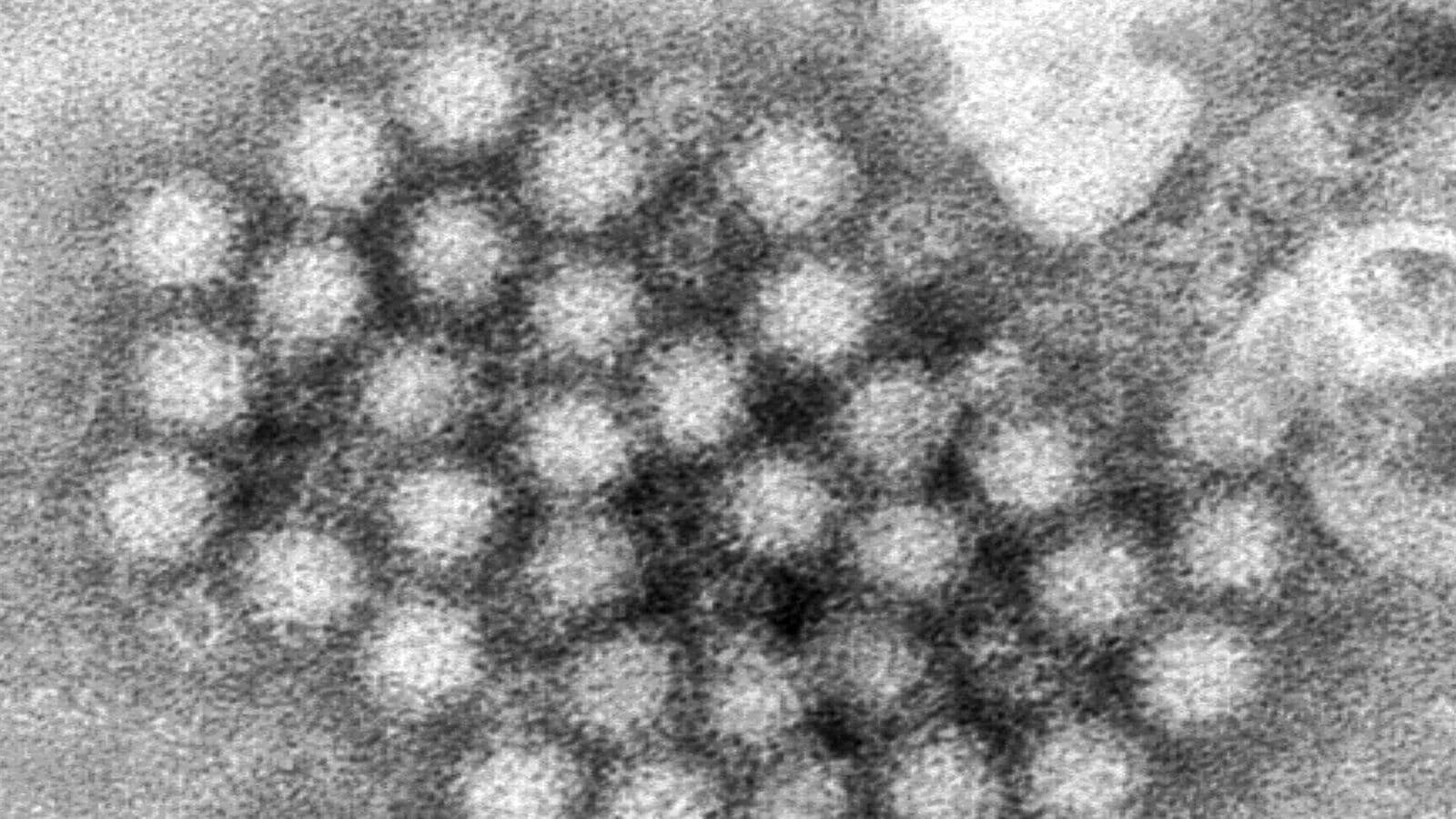


)







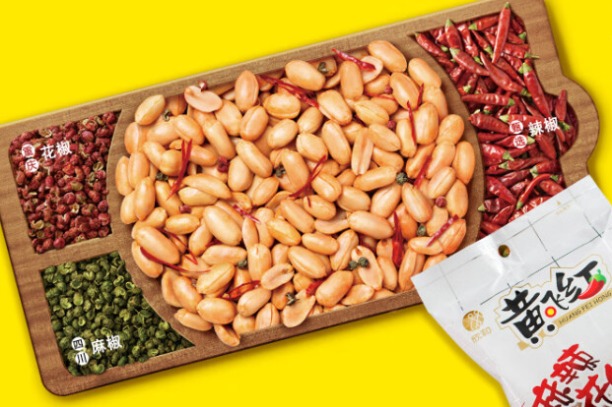

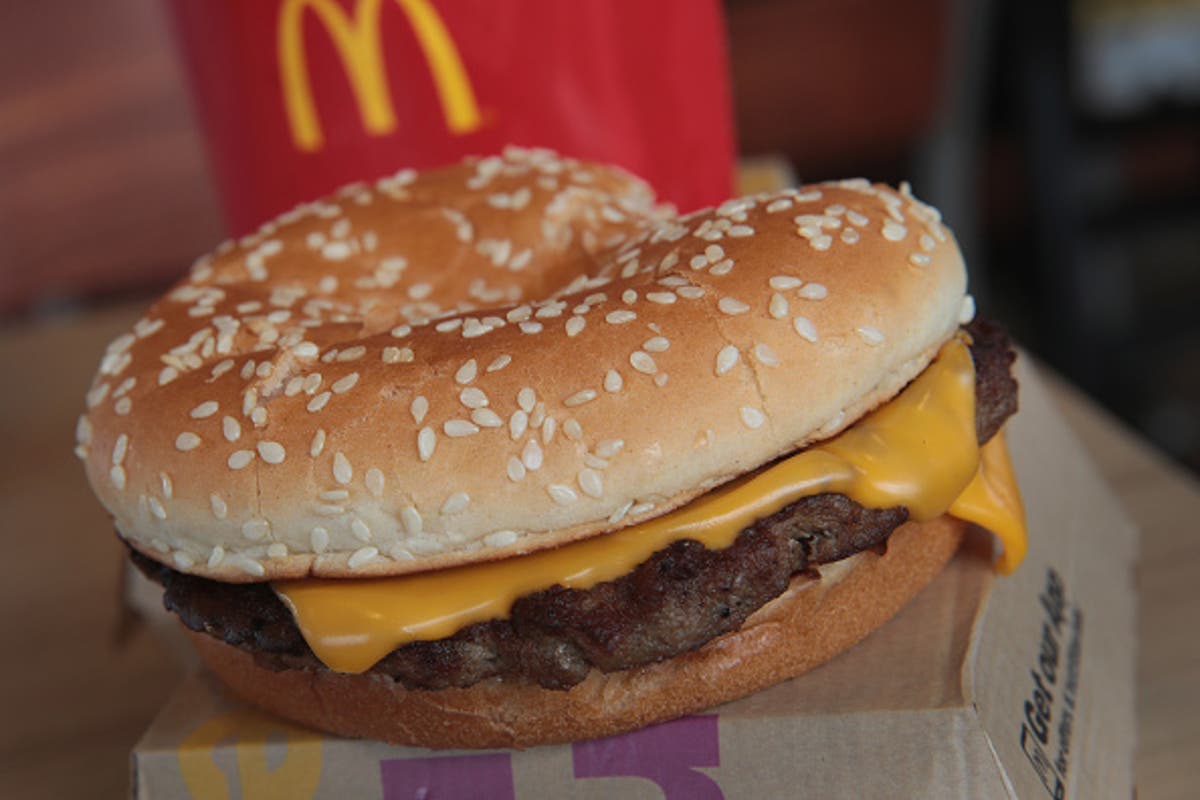
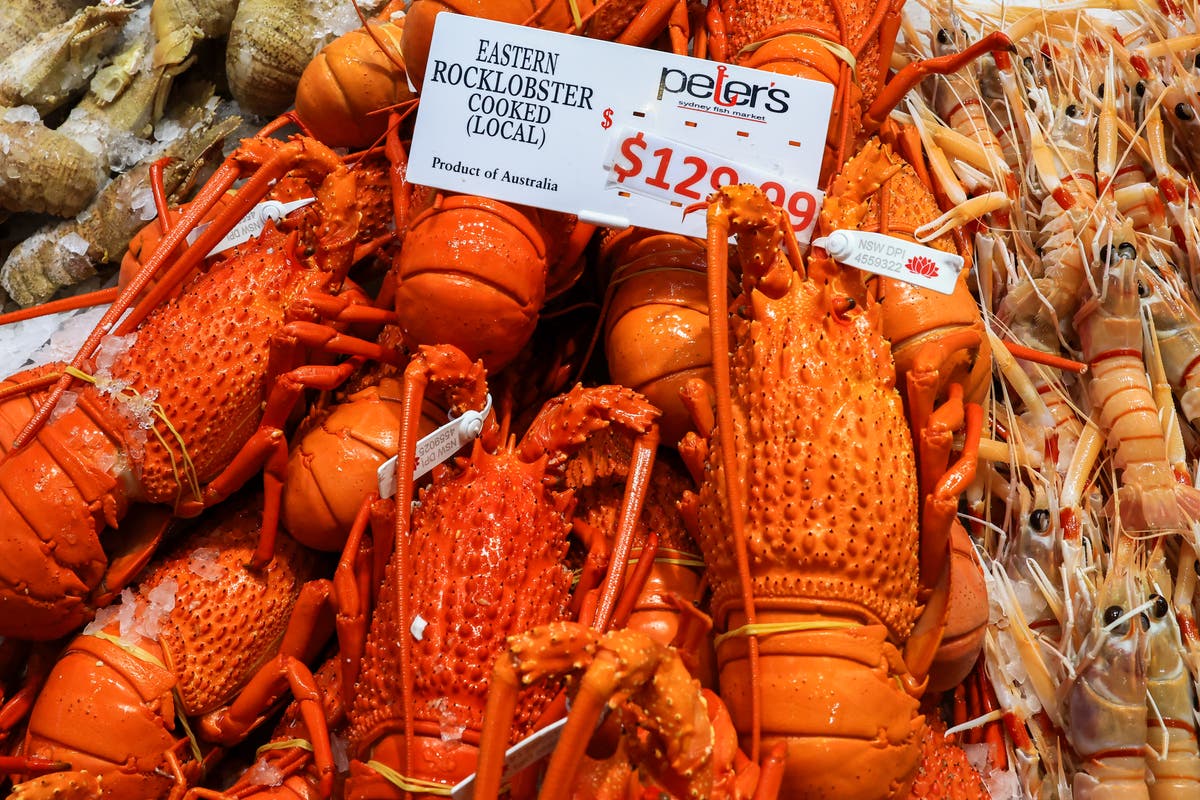




)
